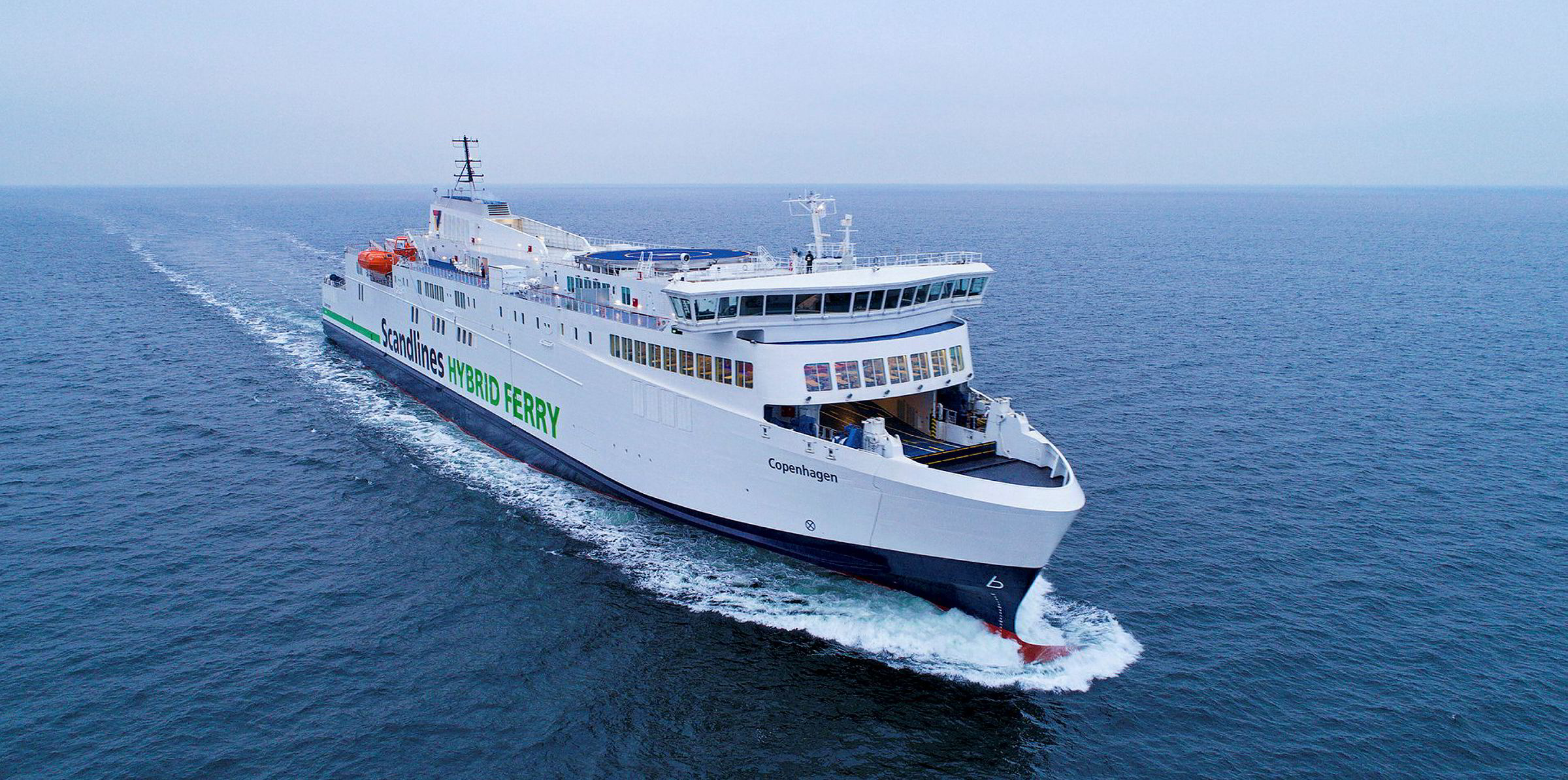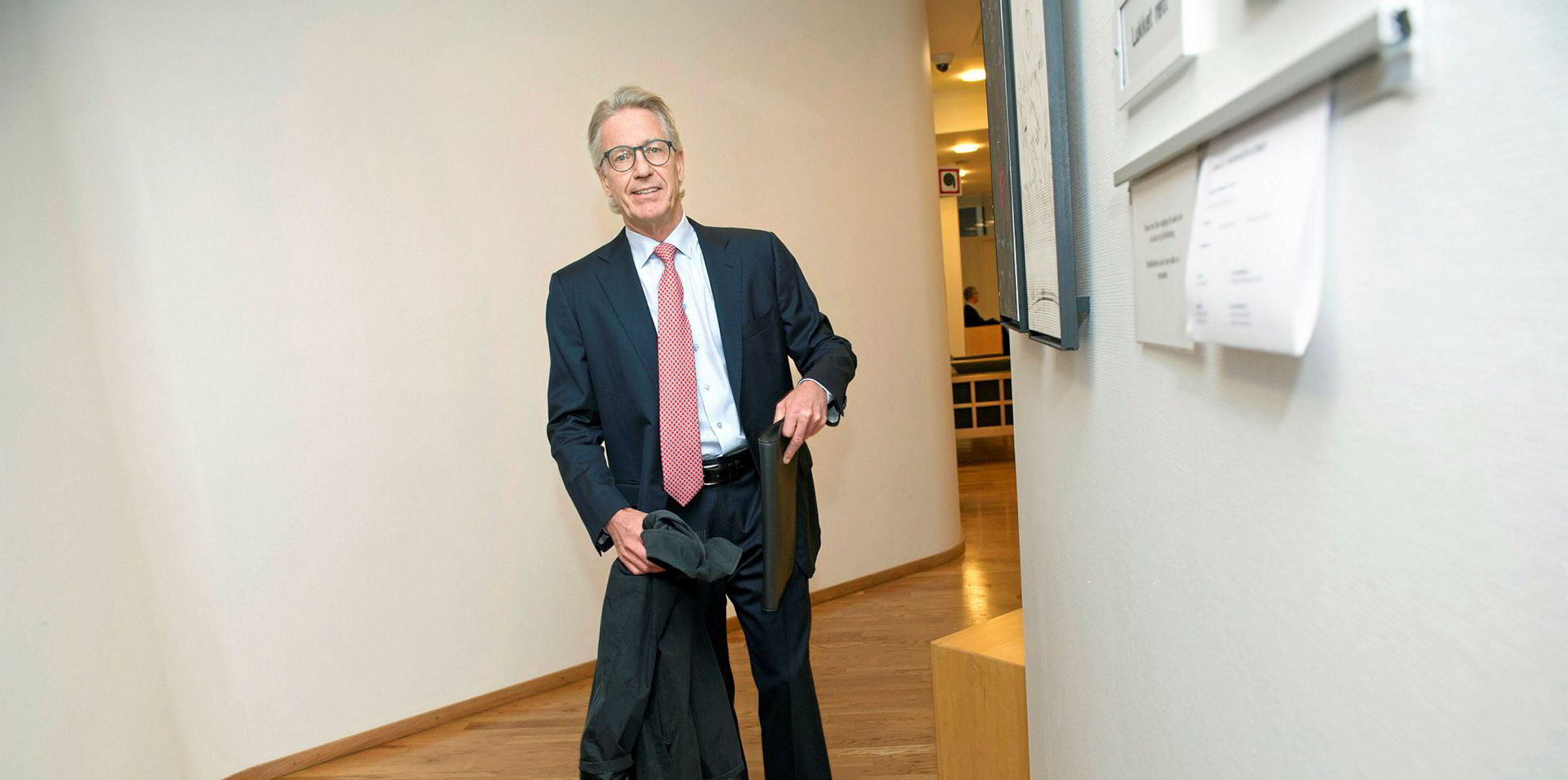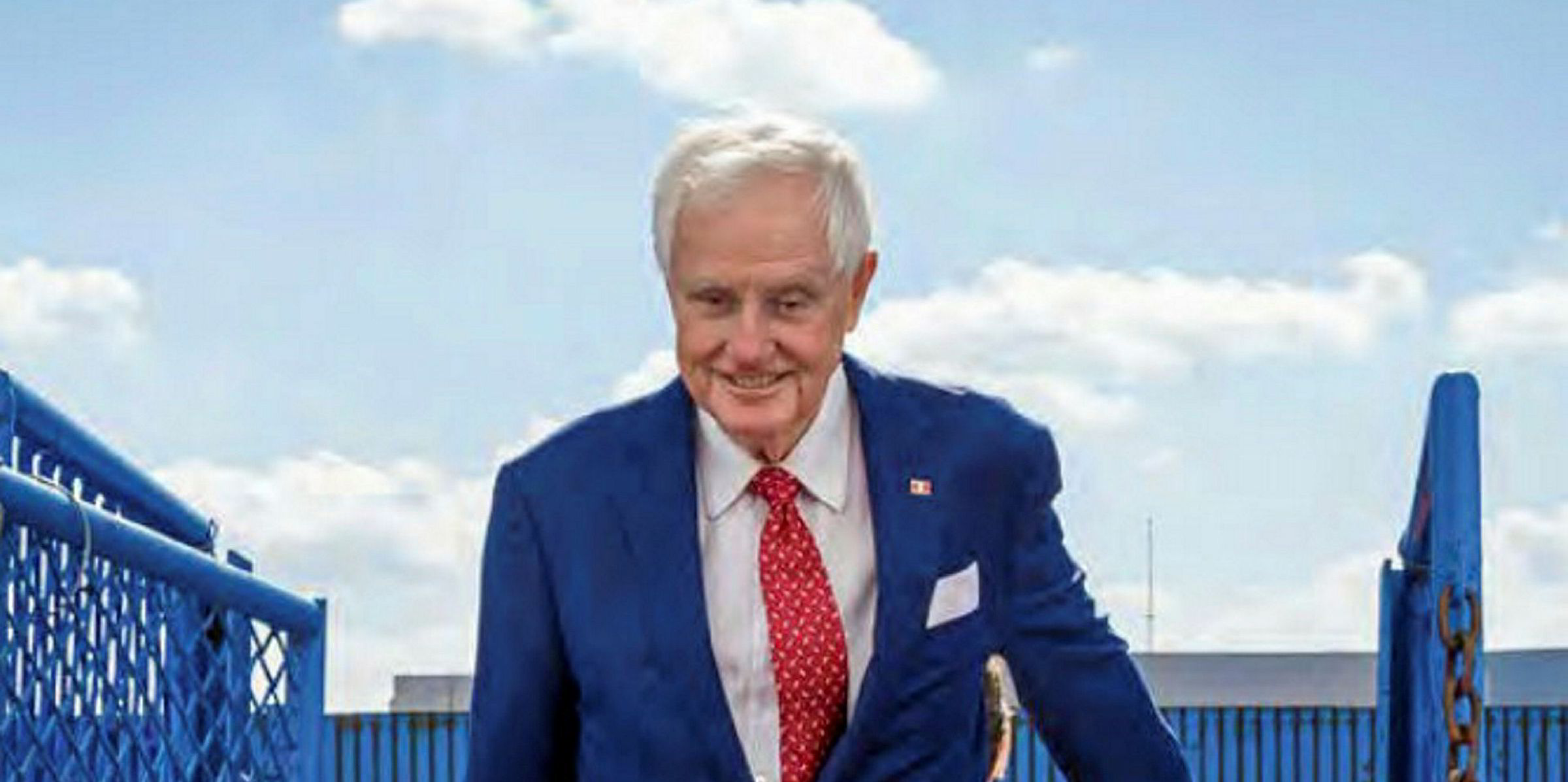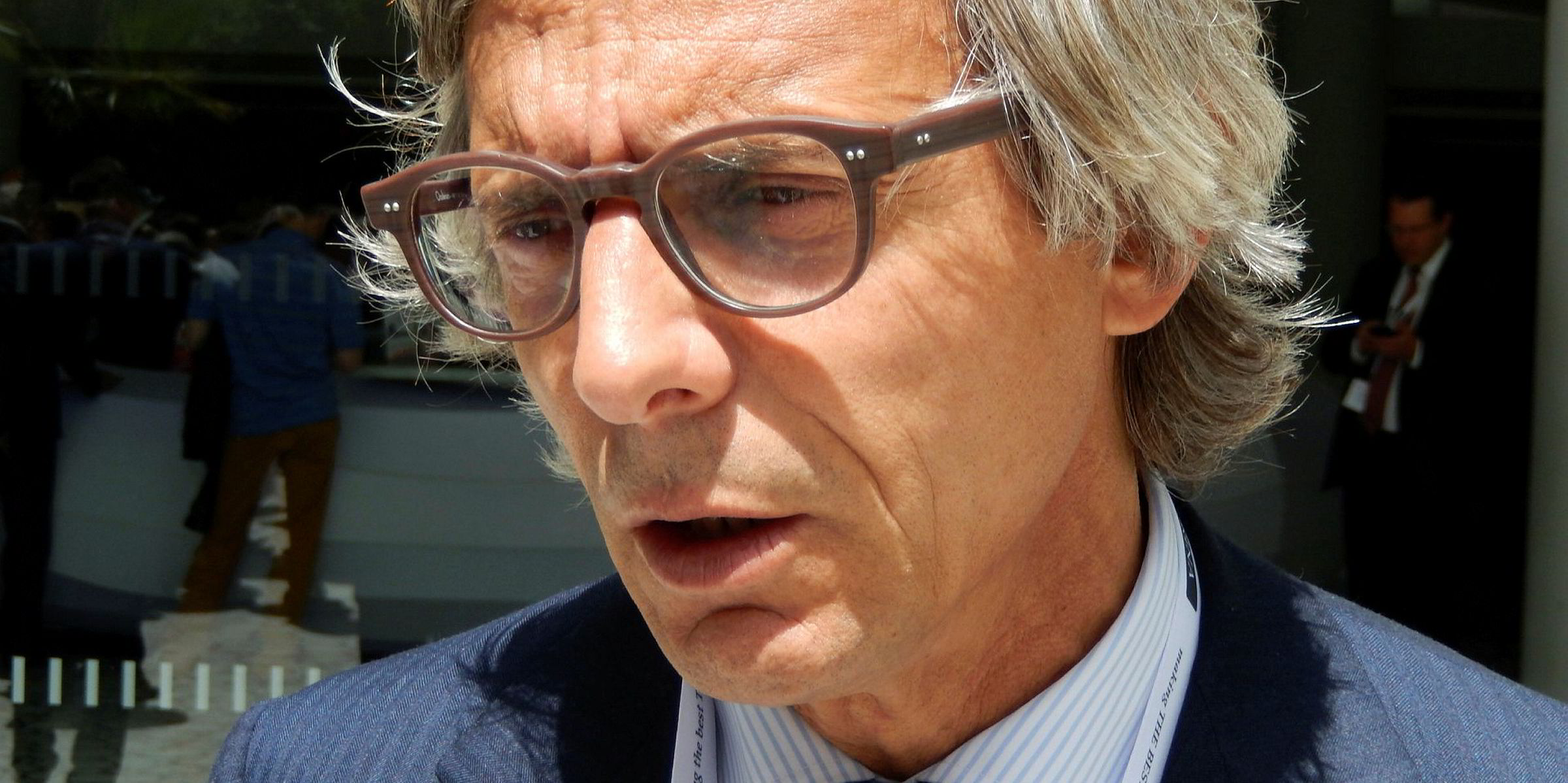European ropax owners are still battling the effects of Covid-19 restrictions on volumes as they reduce payrolls and bank state aid.
Norway's Fjord Line said this week it is preparing for the downturn to last a long time.
The ferry company has warned it needs to reduce costs and is preparing to make 200 employees redundant.
This follows compatriot Color Group laying off 300 staff last week.
Fjord Line chief executive Rickard Ternblom said in a statement: "2019 was a record year for us both in terms of revenue and profit, and we were very optimistic for 2020.
"Unfortunately, everything turned around with Covid-19. The bookings are now only a fraction of what we normally have at this time."
And he added: "Now we are preparing for the fact that it may take a long time before we return to normal operation."
Cash in place
Fjord Line has raised NOK 700m ($78m) through state grants and refinancing to ensure it can keep operating this year.
Ternblom added: "Even with the authorities' extended redundancy rules, compensation schemes and loan guarantee scheme, we cannot escape the fact that the employees will be affected."
In France, the government is pumping €15m ($18m) into Brittany Ferries to counter a drop in revenue and uncertainty over Brexit.
"We have decided to reimburse all of Brittany Ferries' salary costs for the financial year 2021," said French Prime Minister Jean Castex.
Similar amounts will be offered to other French ferry companies.
Denmark getting money back
Meanwhile, the Danish-German operator Scandlines is expecting the crisis to cost it DKK 1bn ($159m) in lost revenue.
However, the company will remain in profit for this year, it said, and will repay DKK 69m in state aid — if there are no further border closures.
"We have been and continue to be under considerable pressure, and we have received assistance packages to retain employees over the summer and to cover fixed costs in a very uncertain situation," said chief executive Soren Poulsgaard Jensen in a statement.
"Unlike other companies, due to our role as critical infrastructure, we have had the opportunity to serve some of our customers, as freight traffic has been able to be maintained to a significant extent."
He added: "This contributes to us assessing that we can pay the total of DKK 69m to cover fixed costs back to the state."






